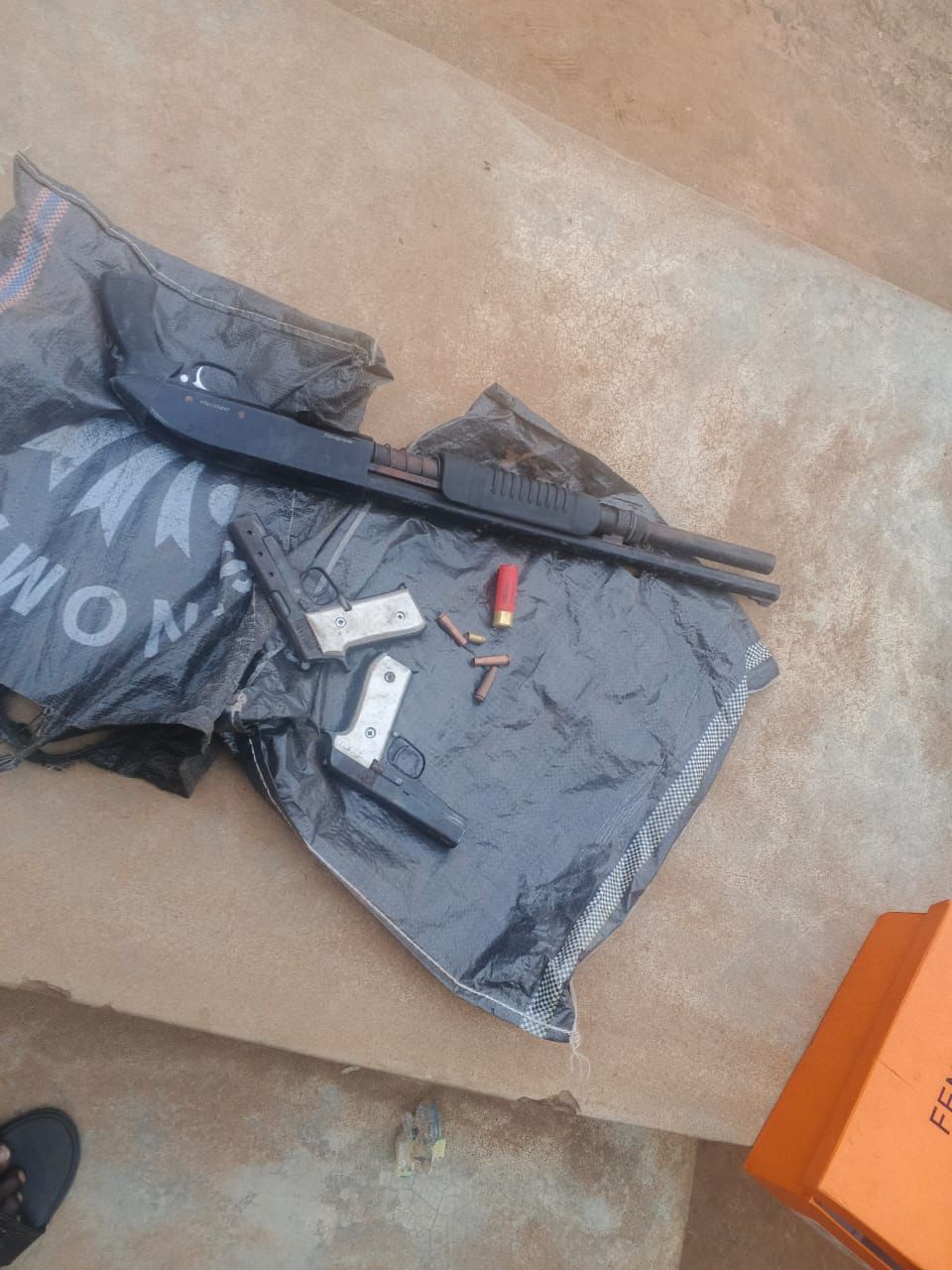A Japanese robot has successfully touched down on the Moon but problems with its solar power system mean the mission may live for just a few hours.
The Smart Lander for Investigating Moon (Slim) put itself gently on the lunar surface near an equatorial crater.
The feat made the Asian nation only the fifth country to soft-land on Earth’s natural satellite, after the US, the Soviet Union, China and India.
Engineers are now battling to save the mission, however.
For reasons not yet fully understood, the craft’s solar cells will not generate electricity
This leaves Slim totally reliant on its batteries and these will eventually discharge. When they do, the craft will go silent. It won’t receive commands and it won’t be able to talk to Earth.
Engineers are currently prioritising activities.
They’ve turned off heaters and are pulling down pictures from the craft. They’re also retrieving data that will tell them how well the landing software worked.
Japanese space agency (Jaxa) officials will not immediately give up on Slim if it does fall silent. It’s always possible the solar cells have somehow become oriented in a way that prevents them from seeing the Sun.
Slim was carrying two small rovers and telemetry indicates it managed to eject these as planned just before touchdown.
The craft, which carries an infrared camera, was to spend the next fortnight studying the local geology. How much of this investigation can be achieved in the time available is uncertain.
Last year, a private Japanese company, iSpace, had a go at landing. Its Hakuto-R craft crashed when the onboard computer became confused about its altitude above the Moon.
On Thursday, the private American company Astrobotic disposed of its Peregrine landing craft in Earth’s atmosphere. A propulsion fault prevented it from even trying to make a touchdown attempt.
Dr Simeon Barber from the UK’s Open University saluted the Japanese effort.
“For me, this was all about precision landing. That’s a huge Success. I’d be really happy if I was them,” he said
“We’re in an era of a lot of lunar missions happening with lots of different players. If we collate all this knowledge, that all these players are gaining through these attempts – whether successful or not – then we learn as a community how to put missions together more successfully in the future.




